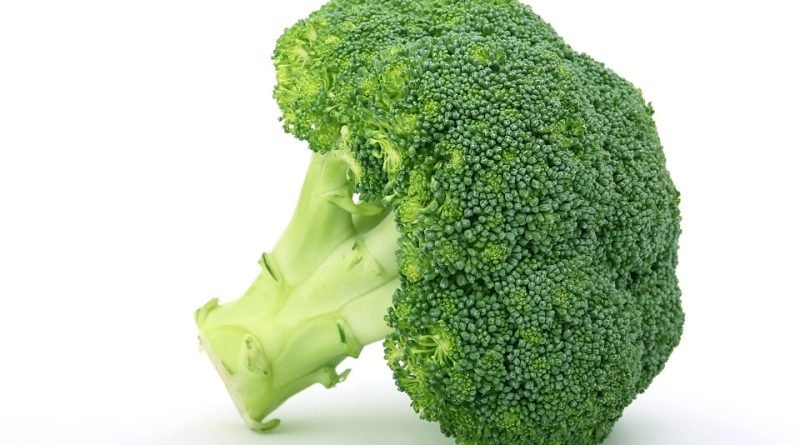Nutrition Tips for Controlling High Blood Pressure
High blood pressure, also known as hypertension, is a common health condition that affects millions of people worldwide. It is often referred to as the “silent killer” because it usually does not have any noticeable symptoms until it becomes severe. However, if left untreated, high blood pressure can lead to serious health complications such as heart disease, stroke, and kidney failure.
Fortunately, there are several ways to help control high blood pressure, including making healthy lifestyle choices such as exercising regularly, managing stress, and maintaining a healthy weight. Another key factor in managing high blood pressure is following a nutritious diet. Here are some nutrition tips to help you control your high blood pressure:
1. Cut back on salt: Consuming too much salt can cause your body to retain fluid, which can lead to high blood pressure. Limit your intake of processed foods, as they often contain high amounts of sodium. Instead, opt for fresh fruits and vegetables, whole grains, and lean proteins.
2. Eat a balanced diet: A well-balanced diet that includes a variety of nutrient-dense foods can help lower blood pressure. Focus on incorporating plenty of fruits, vegetables, whole grains, and lean proteins into your meals. Avoid foods that are high in saturated fats, cholesterol, and added sugars.
3. Increase potassium intake: Potassium is a mineral that helps regulate blood pressure by balancing out the effects of sodium in the body. Foods that are rich in potassium include bananas, sweet potatoes, spinach, and avocado. Aim to include these foods in your diet regularly to help lower your blood pressure.
4. Limit alcohol and caffeine: Alcohol and caffeine can both raise blood pressure, so it is important to consume them in moderation. Limit your alcohol intake to no more than one drink per day for women and two drinks per day for men. Be mindful of your caffeine consumption as well, as excessive amounts can also increase blood pressure.
5. Watch your portion sizes: Eating large meals can cause a temporary spike in blood pressure. To help control your blood pressure, focus on eating smaller, more frequent meals throughout the day. This can help keep your blood pressure more stable and prevent sudden spikes.
In addition to following these nutrition tips, it is important to work with your healthcare provider to develop a comprehensive plan for managing your high blood pressure. They can help you create a personalized diet and exercise plan that is tailored to your individual needs and health goals.
By making healthy choices and incorporating these nutrition tips into your daily routine, you can help control your high blood pressure and reduce your risk of developing serious health complications. Remember, small changes can make a big difference when it comes to managing your blood pressure and improving your overall health.
